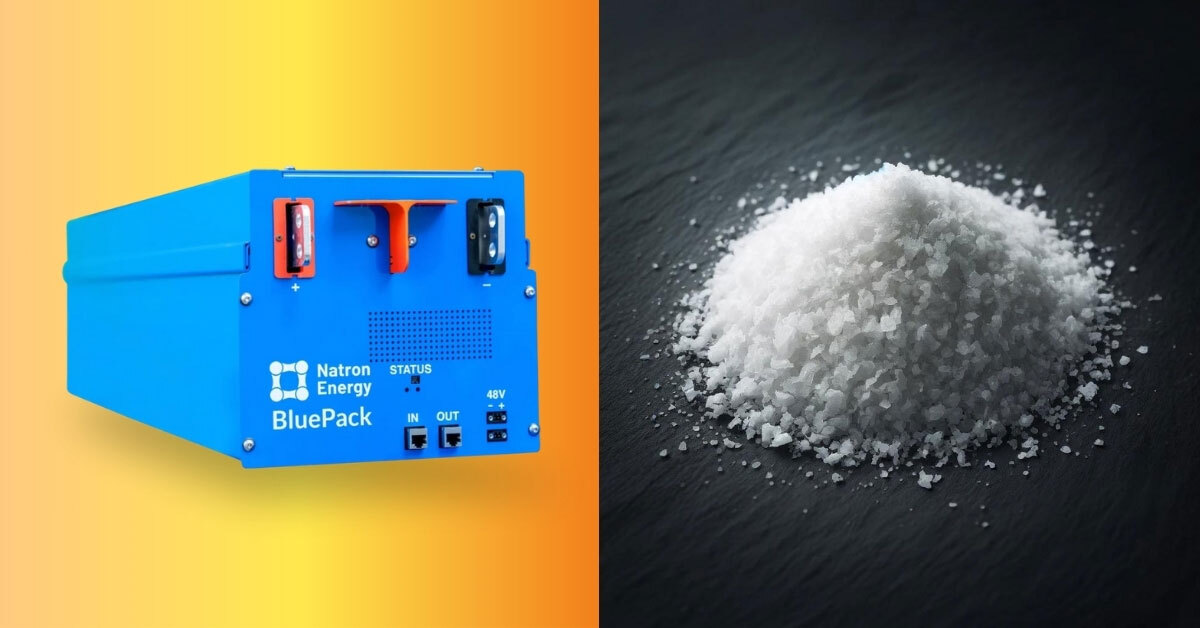Grad season came early for Fundación Dominicana de Estudios Marinos (FUNDEMAR), a coral reef restoration organization based out of the Dominican Republic.
The nonprofit is the first of its kind to officially complete training with SECORE (SExual COral REproduction) — a coral diversity and breeding program that’s setting new standards for coral conservation.
FUNDEMAR is not only “graduating early.” It’s also top of its class.
Within the last five years, it has been crucial to restoring coral reefs throughout the Caribbean, and has cultivated eight different species, including the notoriously hard-to-breed Pillar coral.
“Since 2019, we have been able to outplant over 40,000 coral substrates in total, each with several tiny corals growing on them, to degraded reef areas,” Rita Sellares, FUNDEMAR's Executive Director, told Science X.
“At our current production rate, which has increased by 1000% since the program started five years ago, we now expect to contribute annually with 20,000 substrates with coral recruits to our reefs in need.”

SECORE’s Director of Technology and Implementation Aric Bickel said that these ocean conservation victories are all thanks to the team’s tireless hours spent planting seeds, monitoring reefs, and fostering floating nurseries called Coral Rearing In-situ Basins (CRIBs).
“In just five years, FUNDEMAR has grown their Coral Seeding program from the ground up to probably the largest in the world,” said Bickel.
These restoration efforts come at a dire time, as pollution mounts, acidification rises, and stony coral tissue loss disease (SCTLD) ravages coral reefs.
What exactly is stony coral tissue loss disease?
Currently, over 20 known coral species in at least 20 countries have been afflicted by SCTLD.
In an interview with the Smithsonian’s National Museum of Natural History, Valerie Paul — head scientist at the Smithsonian Marine Station in Florida — said that once the SCTLD infection takes hold, it’s only a matter of weeks before an entire colony of coral polyps is wiped out completely.
“It just eats the coral tissue away,” said Valerie Paul, head scientist at the Smithsonian Marine Station in Florida. “The living tissue sloughs off and what is left behind is just a white calcium carbonate skeleton.”
Paul teamed up with Blake Ushijima — an assistant professor at the University of North Carolina Wilmington — to lead a study on how to combat the ailment. Together, they singled out a bacterial probiotic (McH1-7) that could slow and even stop the progression of SCTLD in great star coral.
It will take a lot of tinkering and trial-and-error to replicate that success on a grander scale — but Ushijima and Paul believe it’s a good start.
“Between ocean acidification, coral bleaching, pollution, and disease there are a lot of ways to kill coral,” Paul said. “We need to do everything we can to help them so they don’t disappear.”
Header image courtesy of Patrick Nouhailler on Wikimedia Commons (CC BY-SA 2.0 DEED)



